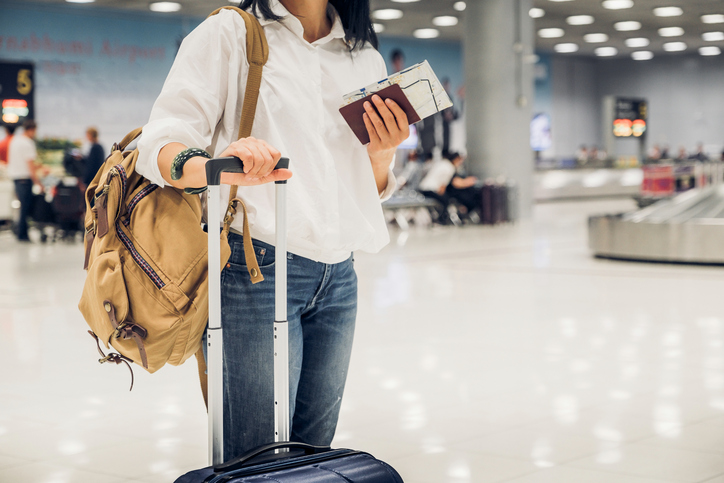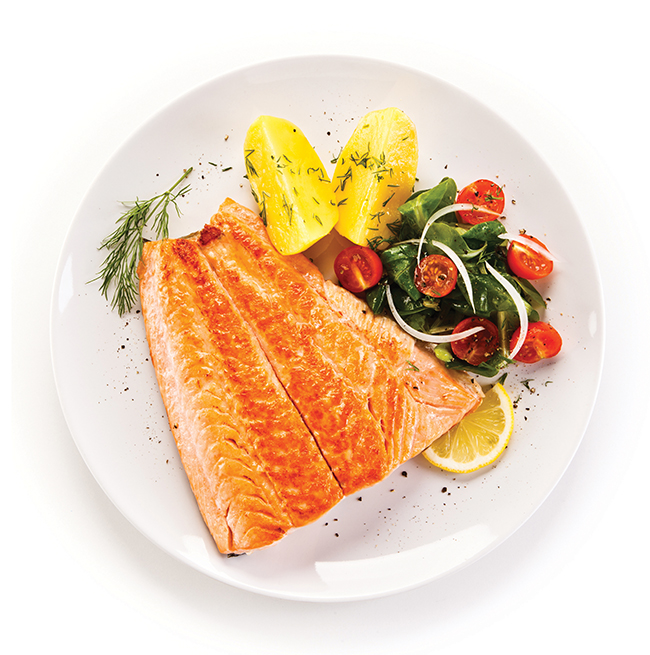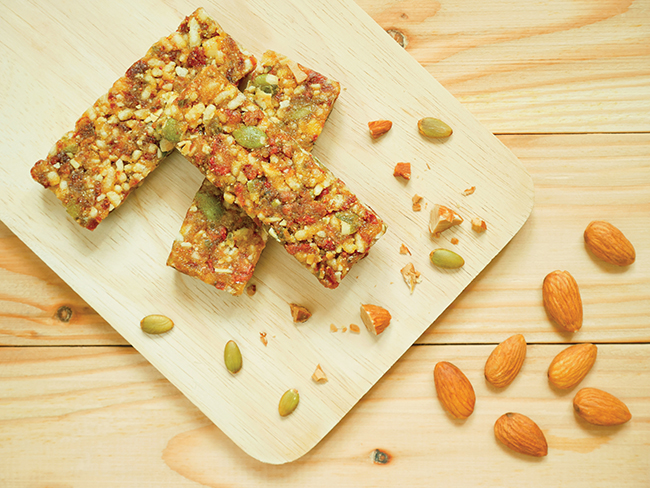Thinking of planning a last-minute getaway? Christine Bailey gives her top tips for a smooth journey…

With the holidays in full flow, this is the perfect time to check your preparations to ensure your vacation is a happy, allergy-free one. If you or a family member has allergies, holidays can require a little more thought and planning. Nutritionist and Author of My Kids Can’t Eat That: How to Deal with Allergies & Intolerances in Children Christine Bailey shares her top 10 tips to make life easier
It’s all in the planning
It doesn’t matter whether you choose a last-minute deal or have been planning your holiday for months, it’s worth doing a little research about the country to identify common allergens that may appear in their cuisine. For example, Thai and Chinese foods often contain soy sauce which typically contains gluten (although gluten-free versions are available) and not all rice or buckwheat noodles are gluten-free. Mexican, French and Italian foods are also heavy on gluten and dairy.

Check your Health Insurance
The EHIC, or European Health Insurance Card, is free and gets free or discounted medical care in all 28 EU countries, so check yours is up to date. Check your health insurance to ensure allergies are covered.
Accommodation
Think about whether or not self-catering might be better for you and your family. If you want the full hotel experience, before you leave home speak to your travel company or the accommodation itself about provision for special dietary requirements. If you hit a problem before you even leave, consider whether or not this is the right location for you. How easy you find it to gain reassurance before you leave is a good indication of how easy you’ll find it once you arrive.
Pack allergy-free essentials
Whether you’re staying in a hotel or going self-catering, packing a few essential gluten-free items in your suitcase is always a good idea. Things that travel well include gluten-free crackers, cereal bars and bags of savoury snacks. By taking some options with you, you’ve always got something to fall back on if you’re stuck.

Carry a medical note
If you or your child is diagnosed with coeliac disease or needs a gluten-free diet, it can be helpful to carry a letter from your medical practitioner especially if they have to take any prescription medication. Most countries have a customs website with regulation information. Make sure to check the site for any restrictions on bringing food and medication into the country. Always carry your child’s allergy medicine and auto-injectors (if needed) with you in your hand luggage. Remember to carry antihistamines or other medication in containers under 100ml, although larger bottles are allowed for medical purposes as long as you have a medical note.
In-flight meals
If you’re traveling long-haul, make sure you reserve a gluten-free airplane meal before your flight – this can usually be done by logging into the online booking section on the airline’s website. Please remember you must do this before you travel. When you board the airline it’s a good idea to remind them you are gluten-free. However, don’t assume anything. Even if you have already selected a gluten-free meal, I have been on numerous flights when this failed to materialise. Not fun if your children are starving on a long-haul flight. So as a precaution it’s best to take food with you in your hand luggage. Although liquids (including yoghurts) won’t be allowed through check-in, most items you’d put in a packed lunch will be fine. Cold salads, wraps and sandwiches, fruit, protein bars or crackers are all easy portable options. Take more than you think you need – travel can be fraught with delays.
Inform the staff
If you are staying at a hotel it’s worth asking at the front desk when you arrive who’s the best person to speak to regarding your dietary requirements. You can then explain the situation and find out about dining options. Repeat all the information when you go for your meals and remember the staff will change over the course of a day as well as during your stay.

Watch for Cross Contamination
Buffets are a minefield when it comes to cross-contamination. Not only for coeliacs, but for people with any type of food allergy. Breakfasts often include buffets, but don’t feel limited by this – it’s often possible to discuss other options. Many hotels and restaurants, if given notice, will be able to provide something for you. Always ask about what precautions they take to prevent cross-contamination.
Translation Cards
If you’re traveling overseas, dietary cards and translation cards are a good idea. These can help communicate to your restaurant server, in their native language, your specific dietary requirements. Translation cards can also address multiple food allergies and intolerances. Allergyaction.org and Allerglobal.com offer free, printable translation cards. Food-info.net provide a free translation dictionary for over 200 allergy-related words in all European national languages and other world languages. These will help to ensure others are made aware of your allergy despite any language barriers.

Stick to Naturally Gluten-Free Foods
Sauces, dressings, marinades, soups and pastry dishes are a few examples of where gluten can be present. Often the more complicated the dish the greater the risk it will contain gluten. If in doubt, stick to naturally gluten-free options – poached fish, plain salads (watch out for croutons and dressings), steamed vegetables, baked or new potatoes, steamed rice and grilled meats are simple and healthy options.
Christine Bailey
 Award-winning nutritionist, chef and author, Christine Bailey is a well-known consultant in the food and health industry as well as appearing on TV and in the media as an expert in food, nutrition and fitness. www.christinebailey.co.uk
Award-winning nutritionist, chef and author, Christine Bailey is a well-known consultant in the food and health industry as well as appearing on TV and in the media as an expert in food, nutrition and fitness. www.christinebailey.co.uk
